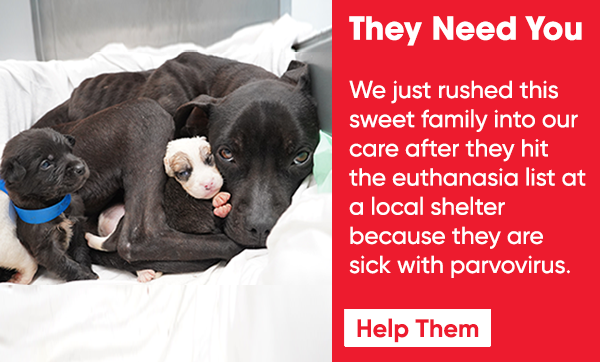NOTE: This post was originally featured on the Carpe-K9 blog and is copied here with the author’s permission.
Who among us hasn’t been frustrated by a dog at some point? It’s normal to experience feelings of frustration and anger because of a dog’s behavior.
But how the pet owner responds to the behavior and how he/she processes his/her feelings matters a lot to the dog AND to the relationship.
We, being human, only know how to process experiences through a human filter. We’ve never been dogs, and we cannot ever know how it feels to be them. Naturally, when they misbehave, we jump to the conclusion that they are being spiteful, jealous, dominant, guilty—because humans often are this way. But dogs are not humans, and when we jump to these conclusions, we almost always get it wrong. That demeans the dog, and it hampers our relationship with him.
What if the dog really has no idea what you expect of him in a given situation? You may think he does, but how do you know? What if he just doesn’t?
Punishing a dog for his behavior when he truly doesn’t know what he is supposed to be doing is wrong. It’s frightening and can be damaging because the dog has no idea why it is happening. It’s never fair to punish before you have taught, and even then, you must be careful how you do it.
Here’s one area in which punishment backfires almost every time.
You take Fido out to a park and let him off the leash. When it’s time to leave, you call him, and he ignores you. You keep calling, becoming more and more frustrated, and he doesn’t seem to care one bit. If you attempt to go get him to leash him up, he runs away from you. He thinks you are playing a game, or he is avoiding you because you are angry. You stand there — fuming.
A neighbor you know suddenly walks over and starts talking to you about your kids’ teacher, and you forget about the dog for a few seconds as you turn to speak with her. In that time period, your dog comes over to you, finally, in no hurry at all. You are flustered and angry that he has been ignoring you, and as soon as he’s within reach, you grab his collar angrily, shake him a few times for “taking his sweet time,” and pop him on the butt. He tries to pull away from you, but you snap the leash on, triumphant, and head to the car.
In your mind, you “showed him” by punishing his defiance. Yet, the next time this happens, he is worse, and you can only catch him when another person in the park happens to grab his collar in a timely way after he’s ignored you for 10 minutes.
In your mind, he deserved to be punished for ignoring your call. In his mind, you are a crazy witch who cannot be trusted.
You only see it from your perspective, but look at the dog’s perspective: why go to the human, especially when he/she is angry? Going to the human will get you punished. Can humans really be trusted?
Your punishment was poorly timed*, and because of this, the dog is confused. Do the humans want you to come, or don’t they?
Coming to you should always be something that ends in a reward for the dog, even if he chose to take his sweet time**. Make coming to you rewarding instead of punishing, and the dog will come more quickly, and more reliably.
If you are angry and frustrated in this scenario, you only have yourself to blame. You allowed your dog freedom he had not earned. You allowed him to ignore your command. You punished him for actually obeying your command. Think about that: you punished your dog for obeying you!
The dog in the above scenario should never have been put in that situation to begin with. He needed more training to know how he should have behaved, and he needed an owner who understands that most everything a dog does wrong before he’s been properly trained is the human’s fault–not the dog’s.
Be proactive, and show the dog what you want before testing him and making him fail. Forgive yourself for being confusing (hey, you are human, after all!) and start fresh. Your relationship will grow by leaps and bounds.
*The only way in which punishment would work in this scenario is if you could have applied it the second he ignored you, which you could not. Therefore, since in a real-world scenario you cannot effectively punish a dog for not coming when called, make sure you never need to.
**A dog who takes his time still gets rewarded because he came. If he took his time, it means you need to be thinking about how you can speed him up which involves more training. If this happens to you, take the lesson you have learned and reduce his freedom options until you can train him better.

